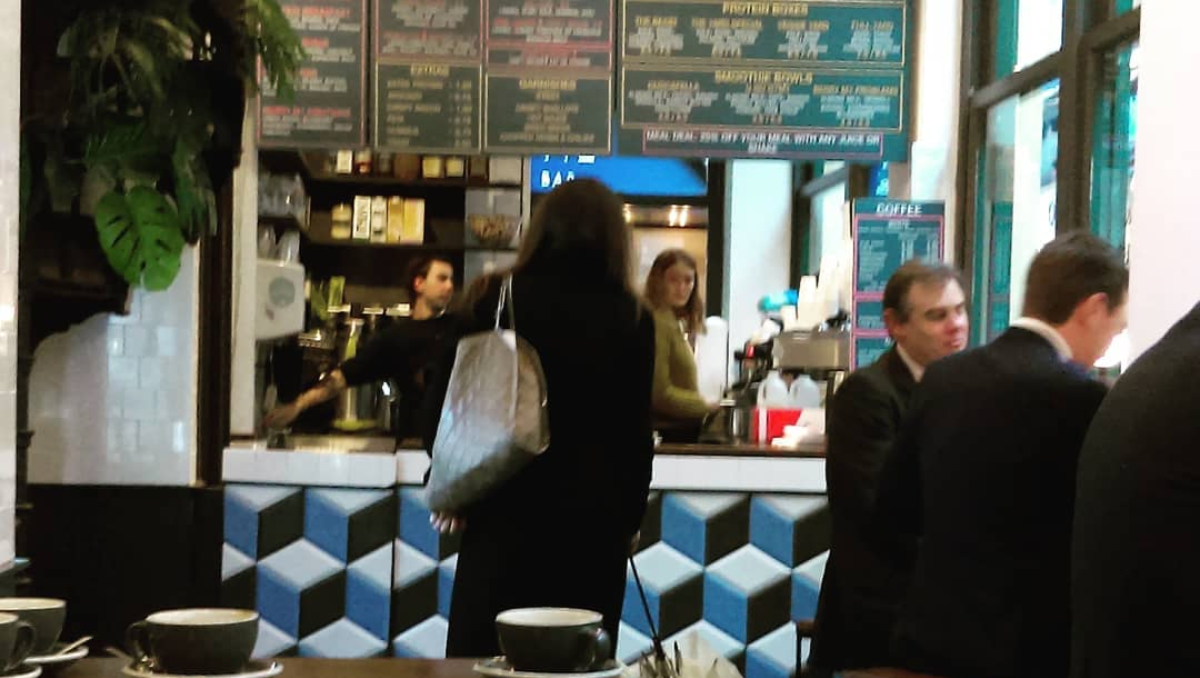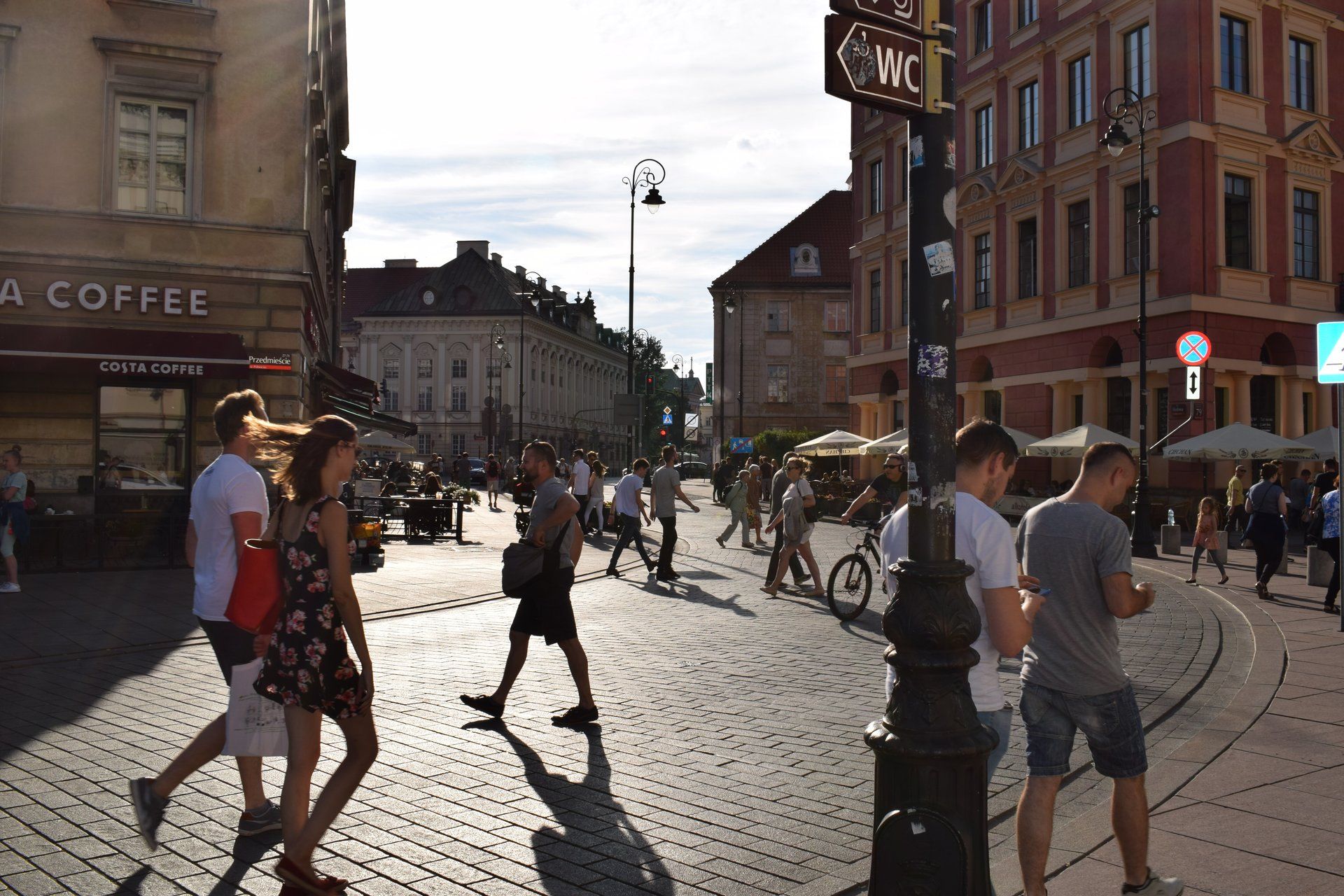Citizen consumers
Peering into the supply chain

How much do we really know about the origins of the things we purchase? And do we really care? I spend a lot of time thinking about this, and more importantly discussing it with colleagues and friends. A key aspect of this reflective process is where we find ourselves in the world, in the so-called developed West or the Northern Hemisphere, or what ever other descriptor we care to use. The point about caring is that when we think about it, or when we are forced to think about it, such as during the shortage perceived during the pandemic, we realise that we probably ought to know where things come from so that we can be confident they are there tomorrow, next week, and beyond. There are other reasons too, when we do think about it, we might be pricked by conscience and think that we should consider what was involved in producing and providing the thing thing that we are purchasing. For others, knowing what has gone into the purchased item my be even a matter of life and death for us if we are at risk of an allergic reaction, never mind the risks and costs incurred by those involved in supplying the product or service.
As we start to peer back into the supply chain we realise that there is much that we ought to know, and potentially respond to. Should we adjust our purchasing decisions? Should we renegotiate the price that we pay? Should we negotiate with those who supply our needs and come to a different arrangement about what we need? How might we achieve this? Should we expect policy makers, law makers and regulators to do this invisibly on our behalf? Can we benefit from such a perspective ourselves? And most importantly, how do we know that we have achieved an optimum balance between our short term desires with our longer term needs?
Whilst technology is not a flawless panacea, I am convinced that new technologies (particularly data-driven digital technologies) have role to play in taking us on this journey. The challenge is in understanding how we work together to enable technology providers, product and service providers, and citizens to work together to address this necessary balance between the short term and the long term. No one person or organisation will have the agency to achieve this alone. Collaboration - mediated and digitally facilitated - will enable us to span borders, mindsets, and ideologies to resolve these tensions.


